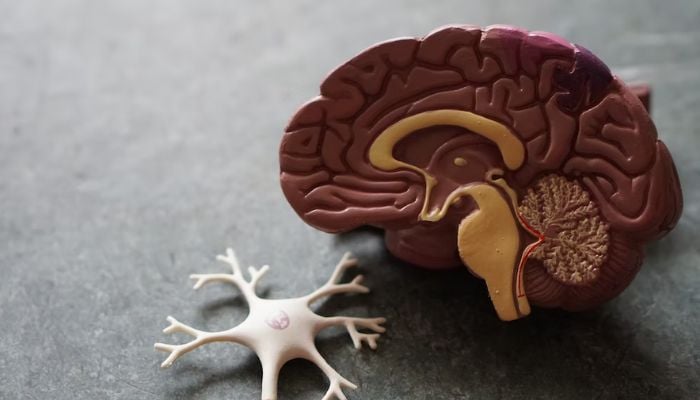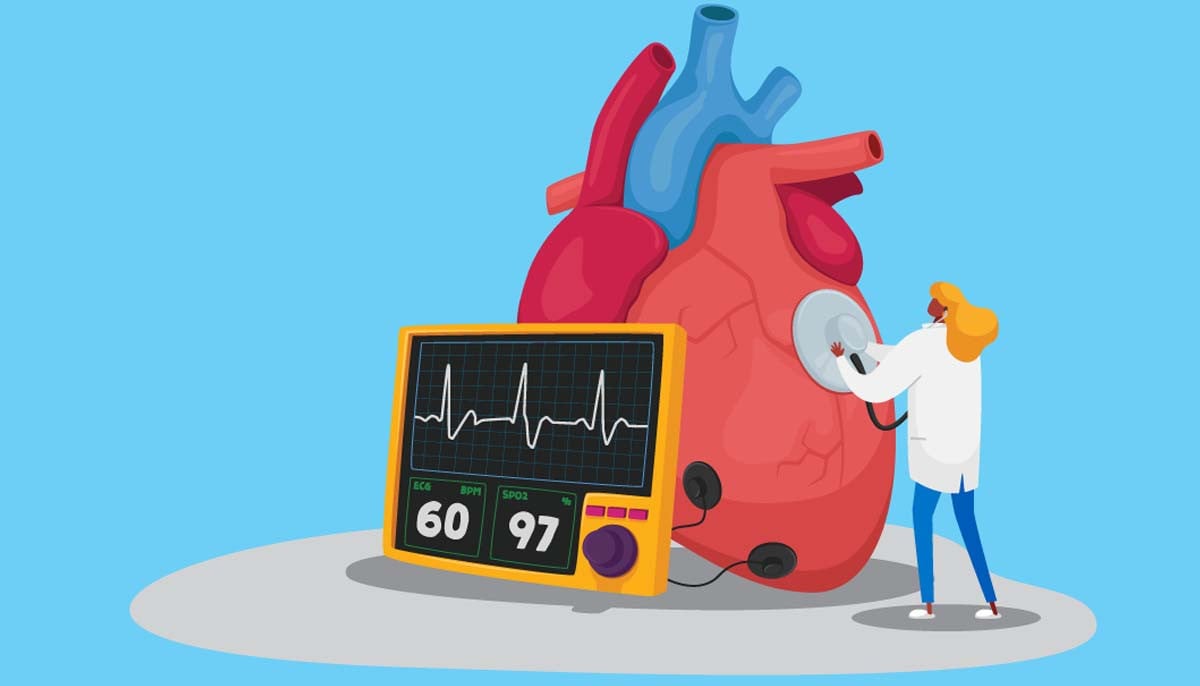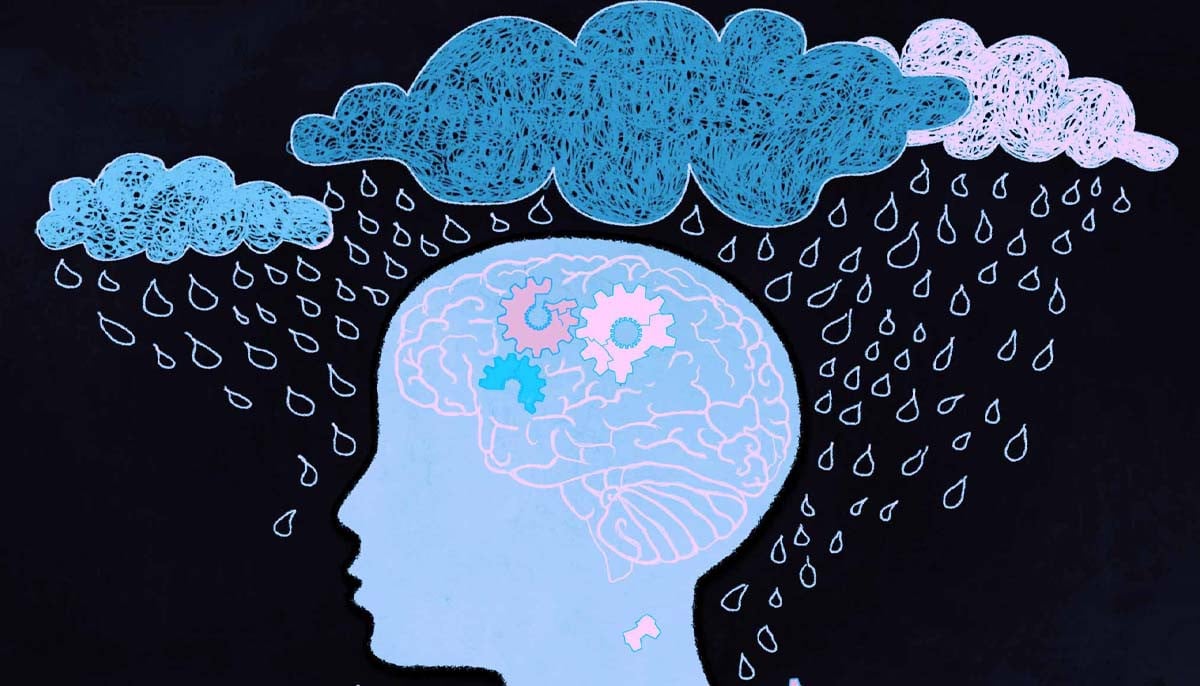Researchers find 'signifciant' effect of reducing blood pressure on dementia risk
Dementia affects nearly 50 million people all over the planet and the numbers are predicted to triple by 2050
Despite a plethora of medical breakthroughs and obsessive research work in the field, experts still do not have much information about the onset of dementia.
A new international study, however, has cleared some confusion and paved the way for more helpful research. Researchers believe that lowering blood pressure could decrease the risk of dementia.
Dementia affects nearly 50 million people all over the planet, study authors noted. Shockingly, the numbers are predicted to triple by 2050 with the world's elderly population increasing. This number does not include those who are indirectly impacted by the disease, that is, the caretakers.
The research team analysed data from 28,000 people and published the findings in European Heart Journal. The program lead for dementia researchers at The George Institute’s Global Brain Health Initiative, Dr Ruth Peters said that multiple trials had shown the benefits of decreasing blood pressure but few had related it with dementia outcomes.
“Most trials were stopped early because of the significant impact of blood pressure lowering on cardiovascular events, which tend to occur earlier than signs of dementia,” Peters explained in a media release.
In a recent study, however, Peter's team found a significant effect of reducing blood pressure on lowering dementia risk. They analysed five double-blind placebo-controlled randomised trials which means both the patients nor those conducting the experiment know what the trial was been done for.
Participants of the longitudinal study were aged 69 years on average and were from 20 different countries. After every four years, researchers checked their health.
“Our results imply a broadly linear relationship between blood pressure reduction and lower risk of dementia, regardless of which type of treatment was used," Dr Peters said.
The authors believe their study provides adequate evidence and could shape public health designs that support slowing the progression of dementia.
-
New drug shows promise in lowering dangerous blood fats
-
New research finds back pain may disrupt men’s sleep quality later in life
-
Do you have depression or is it just Monday blues? Find out where science stands
-
Air pollution may play a role in prostate cancer risk, experts warn
-
Type 2 diabetes hidden trigger in daily food revealed
-
Find out how you can avoid diabetes at your home
-
Pregnant women fighting 'like hell' against paracetamol?
-
‘Stranger Things’ star David Harbour speaks up about ‘psychotherapy’












